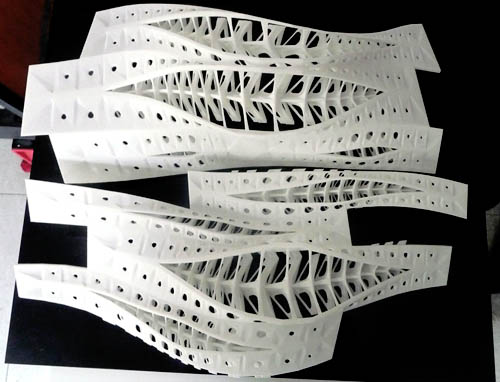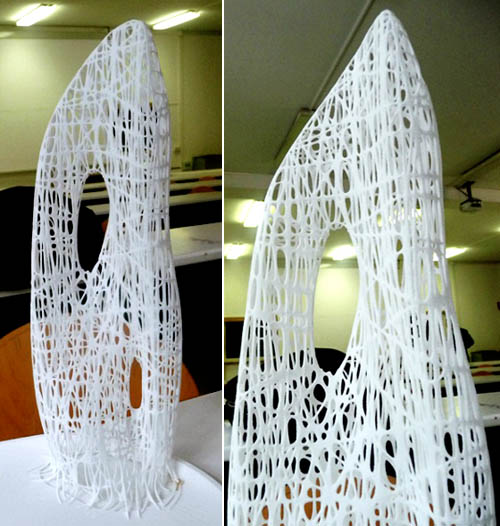fabric | rblg
This blog is the survey website of fabric | ch - studio for architecture, interaction and research.
We curate and reblog articles, researches, writings, exhibitions and projects that we notice and find interesting during our everyday practice and readings.
Most articles concern the intertwined fields of architecture, territory, art, interaction design, thinking and science. From time to time, we also publish documentation about our own work and research, immersed among these related resources and inspirations.
This website is used by fabric | ch as archive, references and resources. It is shared with all those interested in the same topics as we are, in the hope that they will also find valuable references and content in it.
Quicksearch
Categories
Calendar
|
|
July '25 | |||||
| Mon | Tue | Wed | Thu | Fri | Sat | Sun |
| 1 | 2 | 3 | 4 | 5 | 6 | |
| 7 | 8 | 9 | 10 | 11 | 12 | 13 |
| 14 | 15 | 16 | 17 | 18 | 19 | 20 |
| 21 | 22 | 23 | 24 | 25 | 26 | 27 |
| 28 | 29 | 30 | 31 | |||
 [Image: Thesis project by Vincenzo Reale, from a course taught by Alessio Erioli at the University of Bologna; photo by
[Image: Thesis project by Vincenzo Reale, from a course taught by Alessio Erioli at the University of Bologna; photo by  [Image: Thesis project by Riccardo La Magna, from a course taught by Alessio Erioli at the University of Bologna; photo by
[Image: Thesis project by Riccardo La Magna, from a course taught by Alessio Erioli at the University of Bologna; photo by 